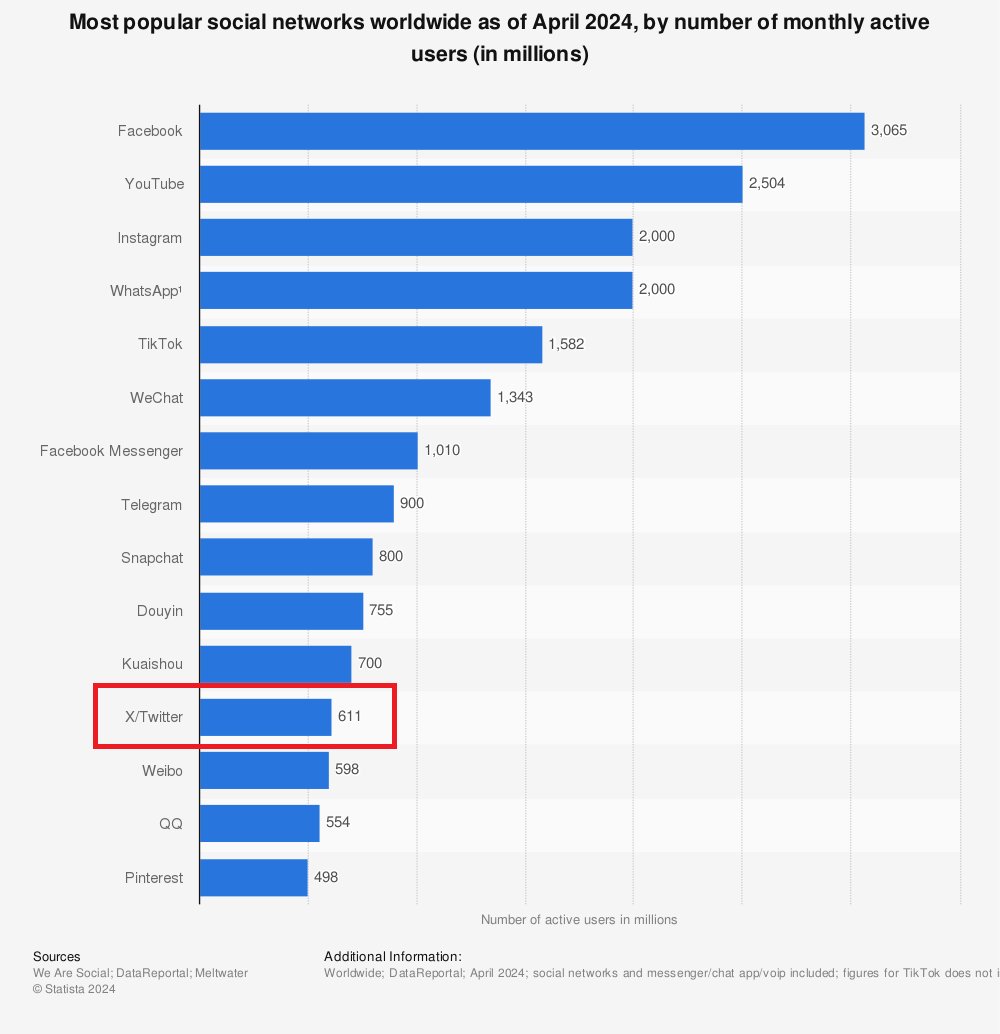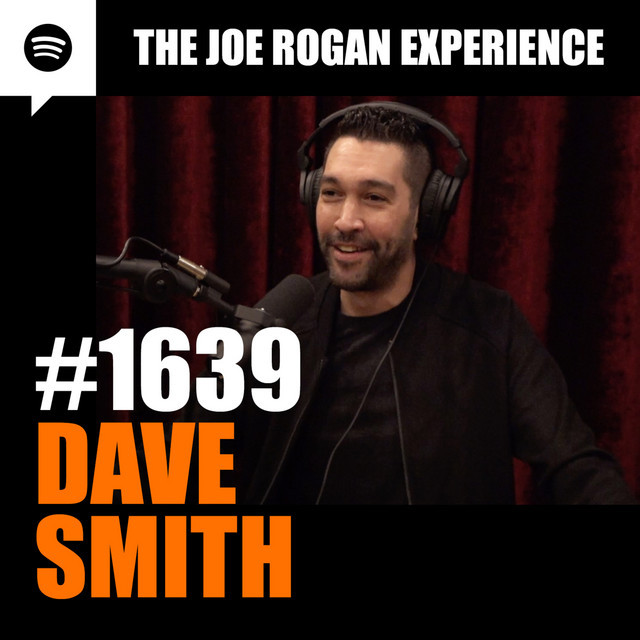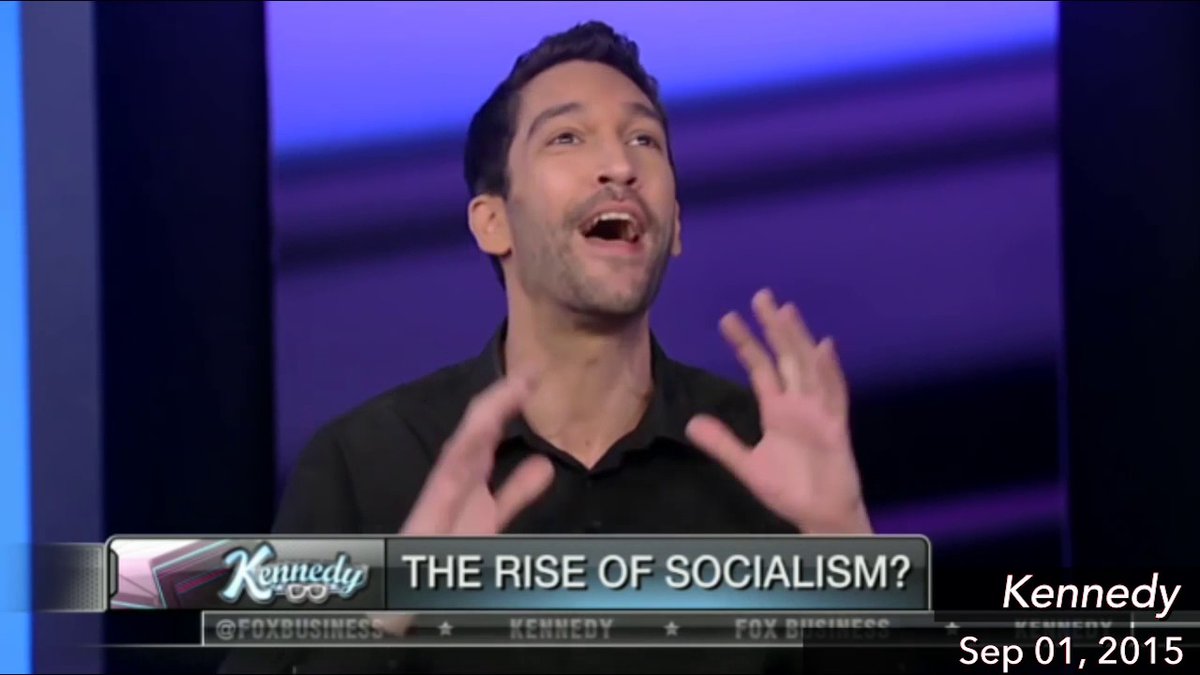In today’s May 9th Vatnik Soup, we discuss the ambiguous relationship of the Kremlin with Nazism and explain why so many vatniks can be outright Nazis, and promote or excuse them while at the same time being so hysterical about alleged “Nazis in Ukraine”.
1/23
1/23

Of course, Kremlin propaganda employs the Firehose of Falsehood and often lacks any consistent ideology other than spreading chaos and seeking power, so such contradictions can be commonplace. However in this case there is a certain cynical consistency there.
2/23

2/23


To understand modern Russia, we need to go back a hundred years to the beginnings of Soviet Russia/Soviet Union — a genocidal terror regime under dictators Lenin and Stalin, whose totalitarian and imperialist legacy Putin’s Russia fully embraces.
3/23



3/23




Unlike Germany, which went through denazification and rejected its dictator’s legacy starting with the Nuremberg Trials, Russia never faced a similar historical reckoning. Instead, most Russians continue to embrace their bloody and barbaric Soviet past.
4/23

4/23


After the Central Powers’ defeat in World War I, the Treaty of Versailles (1919) was intended precisely to avoid a Second World War by demilitarizing Germany: no conscription, no air force, and so on. But Soviet Russia under Lenin had already signed a…
5/23

5/23


…separate peace treaty (Brest-Litovsk, 1918), which allowed the Soviets to help Germany secretly circumvent Versailles and rebuild their army, for instance with fighter pilot schools for German pilots (Lipetsk) and tank schools (Kama) located in the Soviet Union.
6/23

6/23


Superior German tanks & their operators trained in the USSR would play an essential role in the Nazi Blitzkrieg victories. Arms sales, technical exchanges, and resource supplies between Germany and the USSR were somewhat scaled back after Hitler’s rise to power in 1933…
7/23
7/23

… but not completely halted. The collaboration peaked again in 1939 with the infamous Molotov-Ribbentrop Pact, its secret protocol, and the joint Nazi-Soviet genocidal invasion of Poland that launched World War II. The two countries even held joint victory parades.
8/23


8/23



Nazi Germany’s Blitzkrieg in Western Europe during May and June 1940 was powered in part by Soviet exports of energy and food. In those two months alone, the USSR delivered 163,000 tons of petroleum and 243,000 tons of Ukrainian wheat to Germany.
9/23


9/23



During the Nazi–Soviet pact, the Pravda stopped criticizing fascism, and Soviet authorities even handed German comrades over to the Nazis, with some ending up in death camps. In occupied Poland, the NKVD and Gestapo cooperated to crush resistance and share intelligence.
10/23


10/23

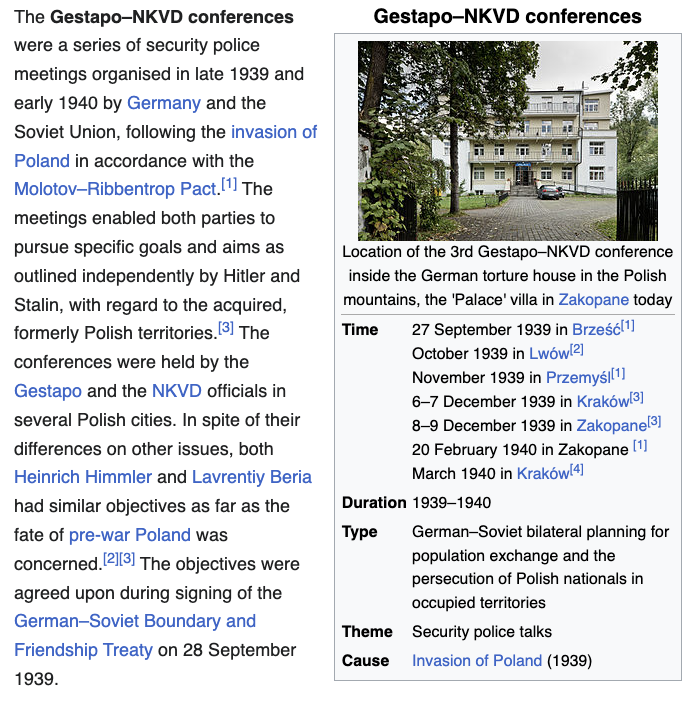

Ukrainian wheat was the target of both empires. Stalin’s Holodomor and Hitler’s Hungerplan aimed to seize it and starve Ukrainians. Today, Putin follows the same pattern — using grain as a weapon in war, echoing past genocidal strategies.
11/23


11/23



By June 1940, the Soviets and the Nazis were together invading Europe and committing mass atrocities in the countries they conquered. The Nazis had invaded Poland, Denmark, Norway, Luxembourg, the Netherlands, Belgium, and France, while the Soviets…
12/23

12/23


…had invaded Manchuria (Japanese-occupied China), Poland, Finland, Lithuania, Latvia, Estonia, and Romania (Bessarabia) — seven countries a piece. Russian fascist Aleksandr Dugin still dreams of something similar.
13/23

13/23


By October 1940, the Soviets sought to formally join the Axis alongside Nazi Germany. Soviet Foreign Minister Molotov (who’d just replaced jewish Litvinov) was warmly welcomed in Berlin, where he discussed dividing global spheres of influence with Hitler and Ribbentrop.
14/23



14/23




This collaboration and similarities might explain why Putin recently blamed Poland, not Hitler, and certainly not Stalin, for the genocidal Nazi/Soviet invasion of Poland. According to him the war on Poland, like the one they now wage on Ukraine, was actually “provoked”.
15/23
15/23
Then came the shock of Hitler’s betrayal — Operation Barbarossa. Stalin was devastated, retreating into silence for days. His daughter later recalled him often lamenting: “Ech, together with the Germans we would have been invincible!”
16/23

16/23


What did Russia do after this betrayal? Re-wrote history, of course! Just a day after Germany invaded the USSR, World War II had been rebranded as the “Great Patriotic War,” and this has been the official line since then.
17/23

17/23
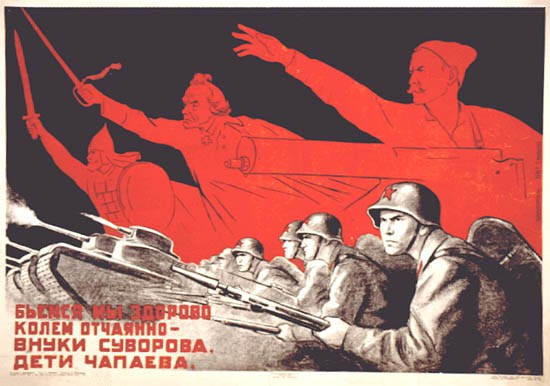

Russia also suffers from collective amnesia when they’re reminded about how they were losing to the Nazis until the “evil Anglo-Saxons” came to the rescue with massive aid. They even systematically claim famous photos of American victories as their own for May 9th.
18/23



18/23




The Nazi betrayal did not change the USSR’s imperialist goals: they ended up occupying the territories they had planned to take with the Nazis—just without them—while gaining even more land, and at the cost of more Russian lives (not that Stalin or Putin ever cared).
19/23



19/23



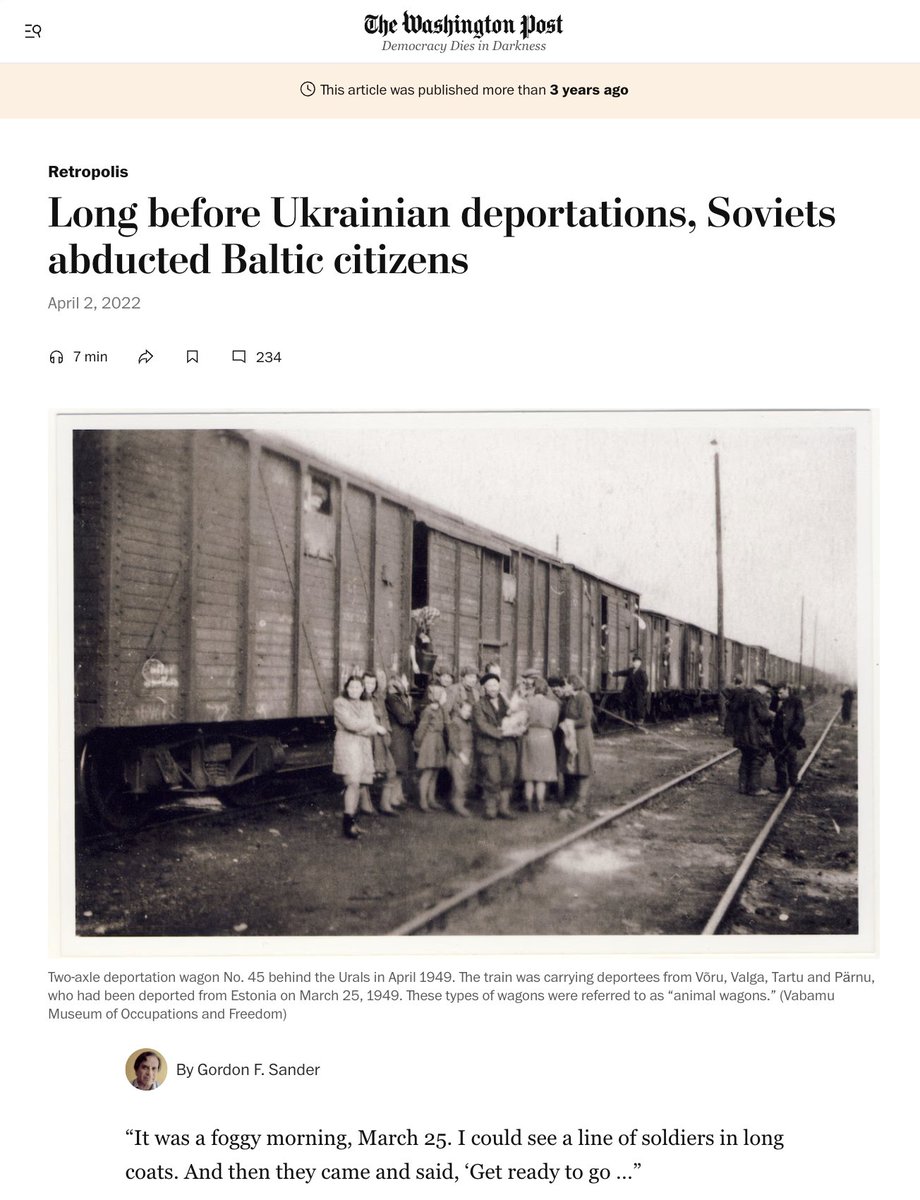
The 1939–41 period, when Nazis and Soviets invaded and murdered together, is denied and illegal to discuss in Russia — while the “Great Patriotic War” has become a fanatical cult, “Pobedobesie”, celebrated with militaristic fervor every May 9th.
20/23



20/23




And Russia has exported the “pobedobesie” abroad, too — the Kremlin spread the so called “Immortal Regiment” rallies worldwide, and recently these events were organized in many countries, including Sweden and the US. They’re usually organized by Russians living abroad.
21/23

21/23
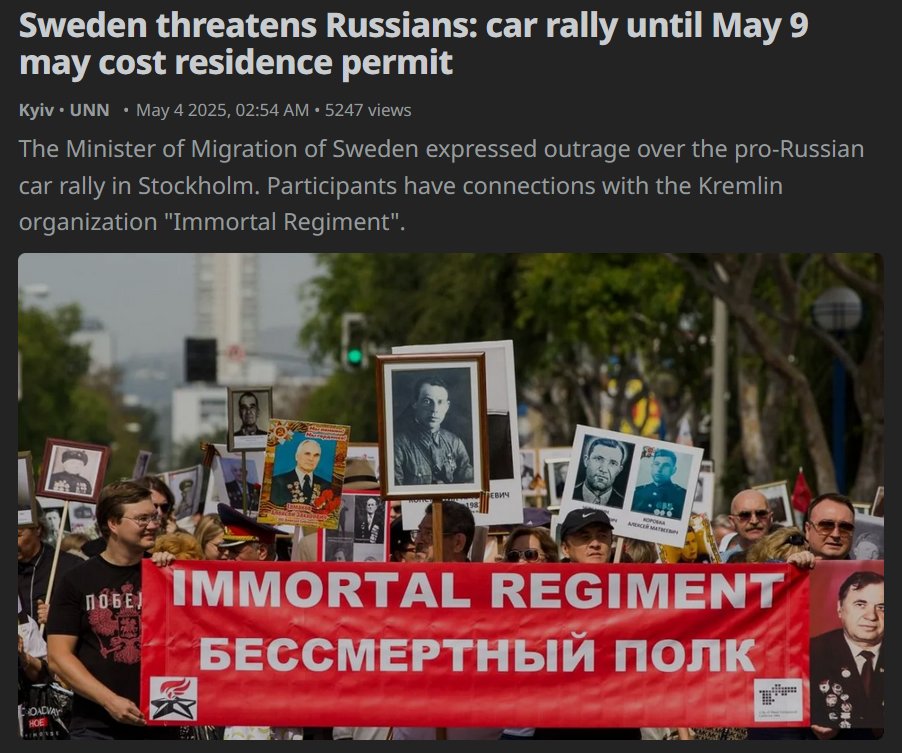

Another Kremlin propaganda abroad is architecture, and especially statues. One of the most well known example was the Estonia’s relocation of the Bronze Soldier statue in Tallinn in 2007, which resulted in a massive cyberattack from Russia.
22/23



22/23
https://x.com/P_Kallioniemi/status/1620034179705741312



To conclude, Russian anti-Nazism is narrowly focused on the Nazi betrayal. Otherwise, they seem perfectly fine with Nazism. Nazis are great when they serve to help or justify Russia’s own genocidal invasions, and they only become villains when they turn on Russia.
23/23


23/23



The 2nd edition of “Vatnik Soup — The Ultimate Guide to Russian Disinformation” is officially out!
You can order your copy here:
kleart.eu/webshop/p/vatn…
You can order your copy here:
kleart.eu/webshop/p/vatn…
• • •
Missing some Tweet in this thread? You can try to
force a refresh




